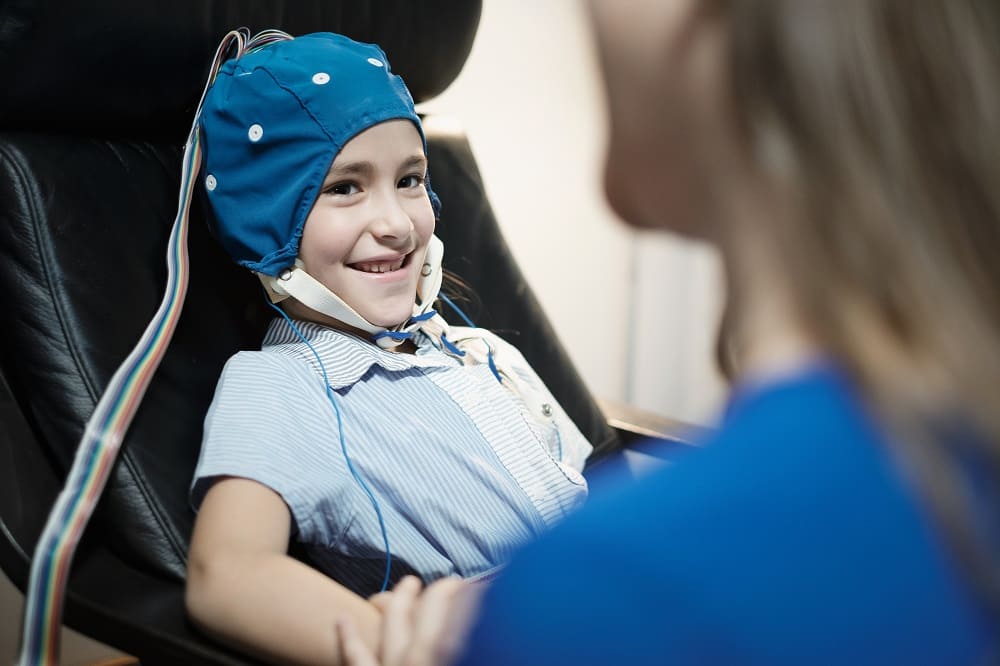Effects of Stress on Performance
Our nervous system is constantly at work partly as an interface between our mind and body. It reacts to our environment, physical activity, and our thoughts. It causes changes heart rate, blood pressure, blood circulation, contraction level of our muscles, our breathing, and many other things. When the changes are appropriate and useful for the situation this is a very good thing. When the changes are due to an overreaction related to stress then it can be harmful. There are many ways that stress can cause problems with health and I have discussed these in other places. Here I want to focus on effects on performance. This type of negative stress reaction can happen with various types of performance including athletes, singers, speakers, students, business people, and actors to name a few.





